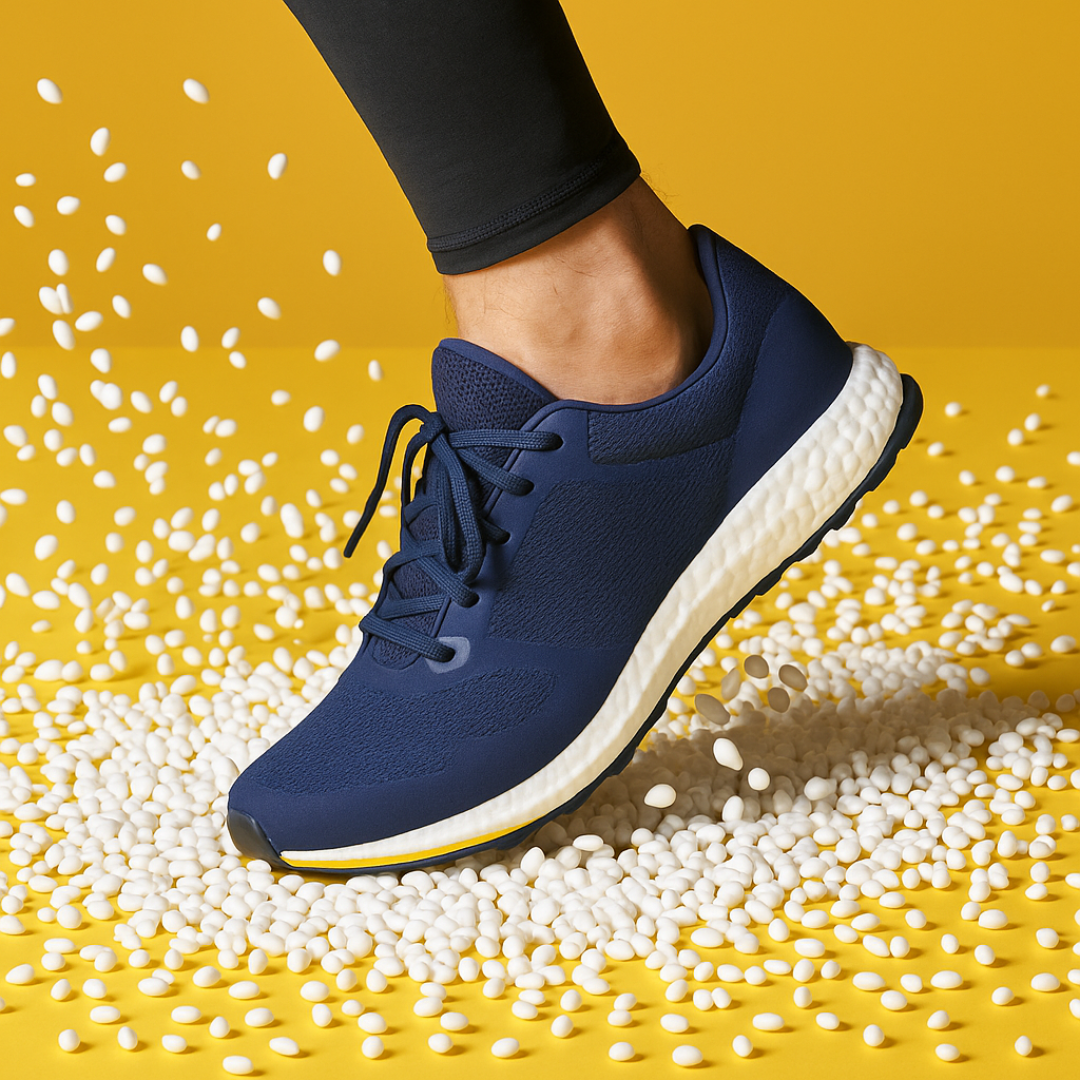FCC
segments
we are tireless in our pursuit of innovation, transforming ideas into materials that will change the world.
FCC plays a key role in the Brazilian footwear industry through the continuous development of technologies that drive more agile, efficient, cost-effective, and sustainable processes.
With a highly qualified commercial and technical team across Brazil and Latin America, we deeply understand our customers' operations and develop tailored solutions that add differentiation and value to the footwear market.




We are a materials science company and have a vocation for innovation. Our inspirations are not in one place, but in each and every place.
FCC appeared at the end of the 1960s, and began its history producing components for the footwear market. Its dedication to improving processes and developing new technologies brought success. Success brought the will to grow and innovate even more. Then FCC consolidated itself, expanded its portfolio, and became a reference. Today, it does not produce a single material that it produced in the beginning, demonstrating its ability to create, co-create, reinvent, and transform itself.
These are products that make up the gluing system, including cleaning solvents, crosslinkers, and surface preparers, such as, for example, primers and halogenants. They are generally solvent-based products and, in some cases, water-based products can also be used. The auxiliary products are fundamental in the gluing process, as they ensure the good performance of the adhesive, being responsible for the preparation of the materials to be glued. FCC specifies the whole gluing system for the customer, supplying all the necessary products to guarantee the gluing quality.

Hot Melt is a solid, thermoplastic, solvent-free adhesive, requiring specific equipment for its application. The Hot Melts present high performance, as they do not have loss by evaporation, offering a sustainable solution, with minimum waste generation. After application, the adhesive becomes solid again, ensuring its cohesion and performance. It can be used in several footwear applications, such as preparing pieces, gluing foams, turning uppers, straps and insoles, in addition to gluing edge tapes, in the furniture market.


The solvent-based adhesives can be polyurethane, polychloroprene or synthetic rubber based. These adhesives have good applicability, bonding resistance and quick drying, and can be used for bonding several types of materials and in several processes. FCC has a complete line of solvent-based adhesives, which meet the standards related to the presence of restricted substances and are indicated to serve the footwear, furniture, and gluing of tubes and connections market.




FCC water-based adhesives have excellent initial and final bond strength. Besides, these adhesives provide a safer and healthier work environment, due to the reduced presence of solvents. Another characteristic of these adhesives is that they have higher application performance when compared to solvent-based adhesives. FCC has a wide portfolio of mono- and bi-component water-based polyurethane adhesives, aqueous polychloroprene adhesives, and PVA-based adhesives.




ETPU FCC (Expanded Thermoplastic Polyurethane) is the result of a combination of international technology and Brazilian innovation. A pioneer in the production of the material in the Americas, FCC is setting up the continent's first ETPU plant, reinforcing its legacy of innovation and high performance. Formed by expanded microspheres of thermoplastic polyurethane - TPU, ETPU offers lightness, comfort and exceptionalrebound, making it ideal for sports and casual footwear seeking performance and well-being. Manufactured in Brazil, ETPU FCC guarantees quality, consistency and sustainability. Now, customers in Brazil and the Americas can count on this locally produced technology, with the FCC seal of excellence and reliability.

FCC's PVC is easy to process, pigmented and has a good finishing, besides being phthalate free. The product presents excellent productivity and thermal stability, delivering quality, versatility and competitiveness in the most diverse footwear applications. FCC has different PVC lines: crystal with glassy appearance, more used in the manufacturing of soles and accessories, and micro-expanded PVC, generally used in soles, because it makes the pieces lighter. Characteristics and properties, such as hardness, for example, can be specified according to the customer's needs.




FCC pioneered the production of super rubberized TR compound in Brazil, being a reference of quality and excellence in the market. Flexible and elastic like rubber, the TR compound is a thermoplastic up to 40% lighter than vulcanized rubber, and is extremely versatile, being produced in several hardnesses. In addition, TR presents rubbery touch and easy processing and pigmentation, being widely used in soles of women's and men's casual and children's shoes, insoles and in other diverse applications such as toys, tools, pet items, among others.



TPU is a polyurethane thermoplastic that possesses excellent mechanical and chemical properties, such as elasticity, transparency, resistance to oils, grease, and abrasion, for example. Its high degree of adaptability combines seemingly contrasting characteristics of rubber and plastic, in terms of flexibility and rigidity, making it an easily processed material suitable for many environments. For this reason, it is widely used in a variety of applications, ranging from consumer goods such as footwear and cell phone covers, to complex industrial applications such as conveyor belts.



